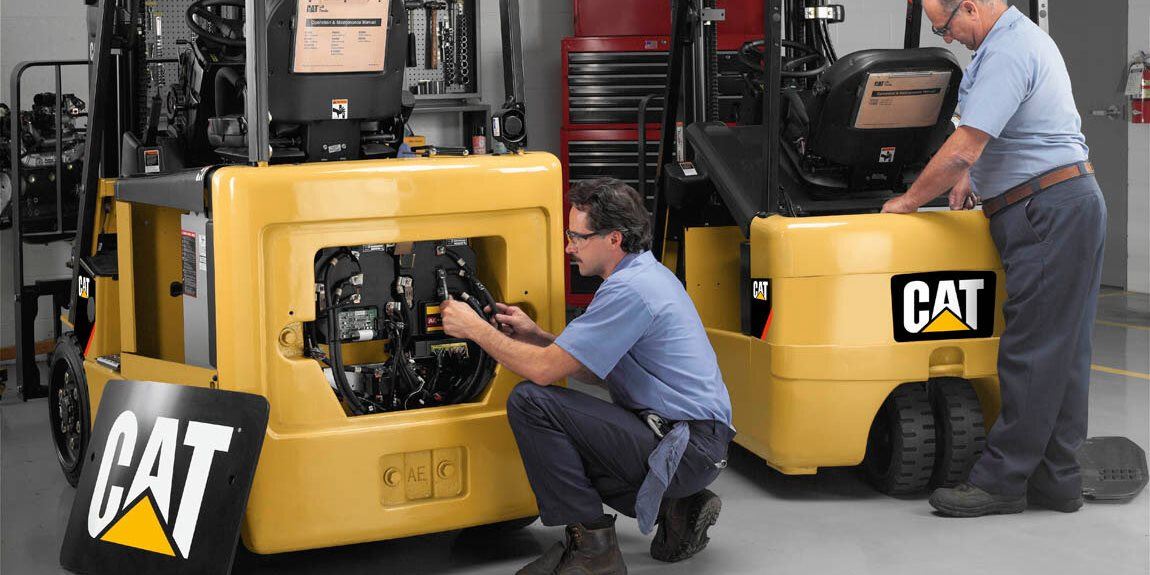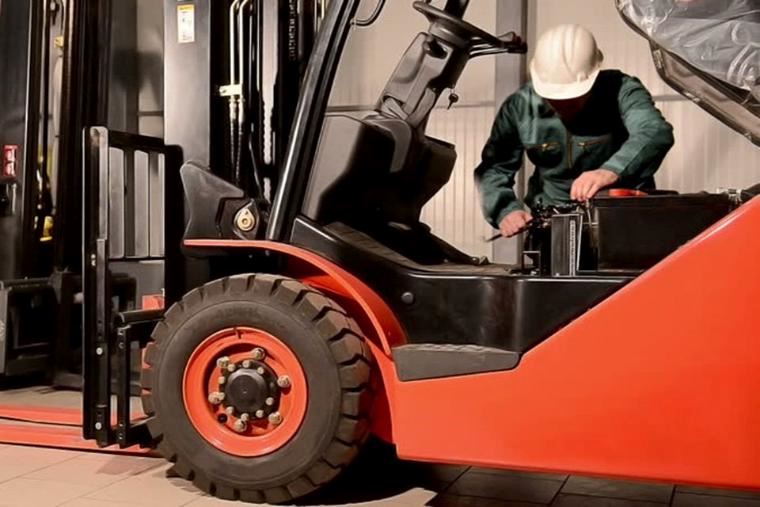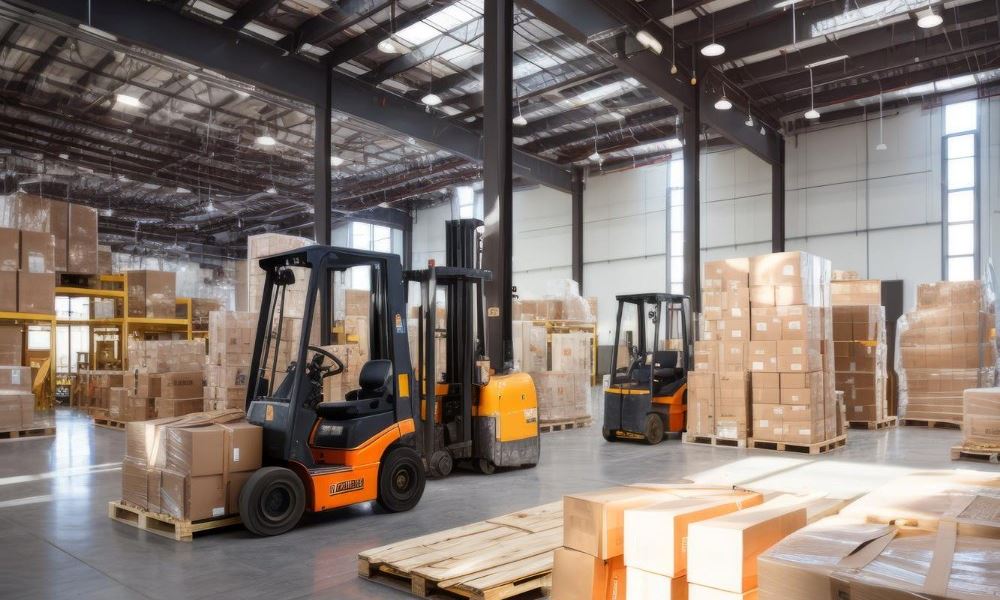Loader cooling system: types and design
In most cases, it is the cooling system of the loader that plays a key role in the mechanism of the equipment. This allows you to maintain optimal operating temperatures for all components and not reduce performance. We tell you all about how such a system is used and what advantages it has.
Purpose of the forklift cooling system
Any forklift cooling system performs several important functions to maintain normal operation of the equipment. Here are a few of the most important:
- preventing overheating. By removing excess heat from engines and components, operating temperatures are maintained;
- performance improvement. All thanks to increased engine efficiency at optimal operating temperatures;
- extending the service life of parts. Wear and fatigue of materials are reduced, and the risks of thermal damage are reduced;
- maintaining stable oil temperature. Optimal oil viscosity is ensured, as well as preventing degradation of lubricants due to overheating.
Due to all this, the loader can serve you much longer. In addition, the system is additionally necessary to reduce emissions due to more complete combustion of fuel. The safety of using the equipment also increases.
Main types of cooling systems
Depending on your equipment, the cooling system may be as follows:
- air Air flow from the engine is used to remove heat;
- liquid. There is a circulating fluid inside the system to transfer heat;
- combined. Combines the advantages of both systems and is used in specialized models of loaders.
In any case, each system must be evaluated based on heat transfer efficiency, ease of maintenance and repair, and operating conditions. The choice depends on the specific needs and characteristics of the loader.
Advantages and disadvantages
There are several advantages and disadvantages of each system. Our experts decided to create a small table that will clearly show the pros and cons.
|
Air cooling |
Liquid cooling |
Combined cooling |
|||
|
Advantages |
Flaws |
Advantages |
Flaws |
Advantages |
Flaws |
|
Simplicity of design |
Limited effectiveness |
High efficiency |
The design is quite complex |
High operating efficiency and less design complexity |
There are difficulties in design and implementation |
|
Low maintenance costs |
There is a possibility of overheating at high temperatures |
Even heat distribution |
Constant maintenance required |
Excellent balance between reliability and efficiency |
Problems may arise due to incorrect operation |
|
Maximum reliability in dust and dirt conditions |
Can work even in the most difficult conditions |
There are risks of leaks or corrosion |
|||
Frequent cooling system malfunctions
In any case, the cooling device of the forklift is quite complex, so various malfunctions may occur. Among the most common problems:
- engine overheating. This occurs due to insufficient coolant circulation or a malfunction of the thermostat and pump;
- Coolant leak. This can result from damage to hoses and seals, as well as cracks in the radiator;
- fan malfunction. Electric motors may break down or bearings and blades may wear out;
- radiator clogged. This usually manifests itself due to the accumulation of dirt and dust, as well as the formation of scale inside the radiator.
To prevent most problems from occurring, you will need to perform regular inspections and maintenance on your systems and use only quality materials. That is why we recommend that you contact the specialists of our company now. Call the phone number and get detailed advice!


